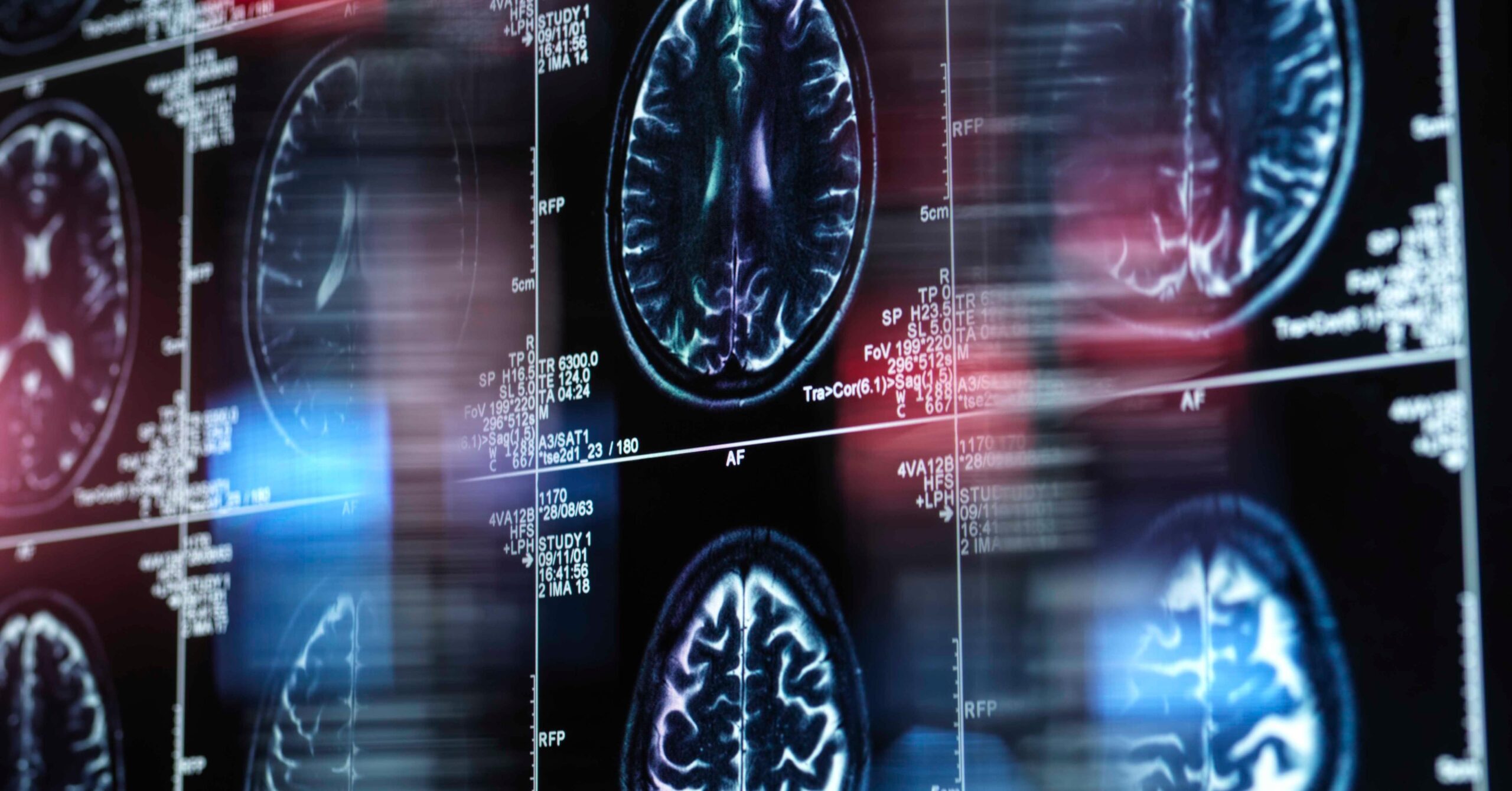Are you curious to know what is hypoperfusion? You have come to the right place as I am going to tell you everything about hypoperfusion in a very simple explanation. Without further discussion let’s begin to know what is hypoperfusion?
In the intricate and interconnected world of the human body, maintaining a steady flow of blood is essential for overall health and well-being. When this balance is disrupted, a condition known as hypoperfusion can occur, potentially leading to severe health consequences. In this blog, we will explore what hypoperfusion is, its causes, symptoms, and why it’s a critical concern in the field of medicine.
What Is Hypoperfusion?
Hypoperfusion, often referred to as “shock,” is a condition characterized by inadequate blood flow to vital organs and tissues in the body. Blood flow is vital as it delivers oxygen and nutrients to cells while removing waste products. When blood flow is compromised, cells and organs may not receive sufficient oxygen and nutrients, leading to potential damage or dysfunction.
Causes Of Hypoperfusion
Hypoperfusion can be the result of various underlying conditions, including:
- Hemorrhage: Excessive bleeding due to trauma, surgery, or medical conditions can rapidly reduce the volume of blood in the circulatory system, leading to hypoperfusion.
- Cardiovascular Issues: Heart conditions such as heart attacks, arrhythmias, or congestive heart failure can impair the heart’s ability to pump blood effectively, reducing circulation to vital organs.
- Dehydration: Inadequate fluid intake, severe diarrhea, vomiting, or excessive sweating can lead to dehydration, which can decrease blood volume and cause hypoperfusion.
- Sepsis: Sepsis is a life-threatening infection that can cause widespread inflammation and vascular dilation, resulting in decreased blood pressure and perfusion.
- Anaphylaxis: Severe allergic reactions can lead to a rapid drop in blood pressure and diminished organ perfusion.
Symptoms Of Hypoperfusion
Hypoperfusion can manifest through various symptoms, which may include:
- Low Blood Pressure: Hypotension, or low blood pressure, is a hallmark sign of hypoperfusion. It may cause dizziness, lightheadedness, and fainting.
- Rapid Heart Rate: Tachycardia, or a fast heart rate, is the body’s attempt to maintain circulation in response to decreased blood flow.
- Cool, Pale Skin: Poor blood flow can cause the skin to become cool and pale due to reduced oxygen delivery.
- Confusion and Altered Mental State: Inadequate blood flow to the brain can lead to confusion, disorientation, and altered consciousness.
- Weak or Rapid Pulse: The pulse may become weak and rapid as the heart works harder to compensate for reduced blood flow.
The Consequences Of Hypoperfusion
Hypoperfusion, if left untreated, can lead to life-threatening consequences, including:
- Organ Damage: Inadequate oxygen and nutrient supply to vital organs can cause damage to the heart, brain, kidneys, and other organ systems.
- Multiple Organ Failure: Prolonged hypoperfusion can result in multiple organ failure, which is a life-threatening condition requiring intensive medical intervention.
- Death: In severe cases, untreated hypoperfusion can lead to death, particularly if it’s a result of conditions like hemorrhage or sepsis.
There is more such information on popularweby.
Treating Hypoperfusion
Treating hypoperfusion involves addressing the underlying cause, restoring blood volume if necessary, and providing adequate oxygen support. Treatment may include:
- Fluid Replacement: Intravenous fluids are administered to restore blood volume and improve circulation.
- Medications: In some cases, medications like vasopressors may be used to constrict blood vessels and increase blood pressure.
- Oxygen Therapy: Oxygen supplementation ensures adequate oxygen delivery to tissues.
- Treatment of Underlying Conditions: Addressing the root cause, whether it’s trauma, infection, or a cardiac issue, is essential for effective treatment.
Conclusion
Hypoperfusion, or inadequate blood flow, is a critical condition that demands prompt medical attention. Whether it results from severe bleeding, cardiovascular problems, dehydration, or other causes, its consequences can be life-threatening. Recognizing the symptoms of hypoperfusion and seeking immediate medical care is crucial to prevent organ damage and achieve the best possible outcome. The body’s intricate circulation system relies on consistent blood flow, making the management of hypoperfusion a vital aspect of modern healthcare.
FAQ
What Are Signs Of Hypoperfusion?
Preschool and school-age children showing hypoperfusion symptoms, such as paleness, cold, clammy limbs, and capillary refill time (CRT) extension, accompanied by vomiting, abdominal pain, dizziness, convulsions, and other symptoms, should be carefully examined for FM.
What Happens When Hypoperfusion Occurs?
Hypoperfusion (shock) is the inadequate delivery of vital oxygen and nutrients to body tissues, which left unchecked will result in organ system failure and death.
What Is Another Name For Hypoperfusion?
Shock is another name for hypoperfusion. There is often a constriction of blood flow going to organs in the body including the brain which leads to fainting or prolonged unconsciousness.
What Causes Brain Hypoperfusion?
A few defined clinical disorders, including heart failure, hypotension, atherosclerosis of large or small vessels and carotid stenosis are thought to cause progressive brain disorders due to chronic hypoperfusion. The clinical relevance manifests mostly as neurocognitive disorders associated with neuroimaging changes.
I Have Covered All The Following Queries And Topics In The Above Article
What Is Hypoperfusion
What Is Cerebral Hypoperfusion
What Is Tissue Hypoperfusion
Shock (Or Hypoperfusion) Is Generally Defined As What?
What Is Hypoperfusion Of The Kidneys
What Is Tisue Hypoperfusion
What Is “Global Hypoperfusion Syndrome”?
What Is Hypoperfusion Stroke
What Is Hypoperfusion Mean
What Is Systemic Hypoperfusion?
What Is Hypoperfusion And Hypoxia
What Is Brain Hypoperfusion
What Is Global Cerebral Hypoperfusion
What Is Cardiogenic Hypoperfusion
What Hypoperfusion Is And How You Evaluate This.
What Is Gastrointestinal Hypoperfusion
What Is The Definition Hypoperfusion
What Is Organic Hypoperfusion
Ular Hypoperfusion
What Is Hypoperfusion?
What Is Hypoperfusion
What are the symptoms of hypoperfusion
